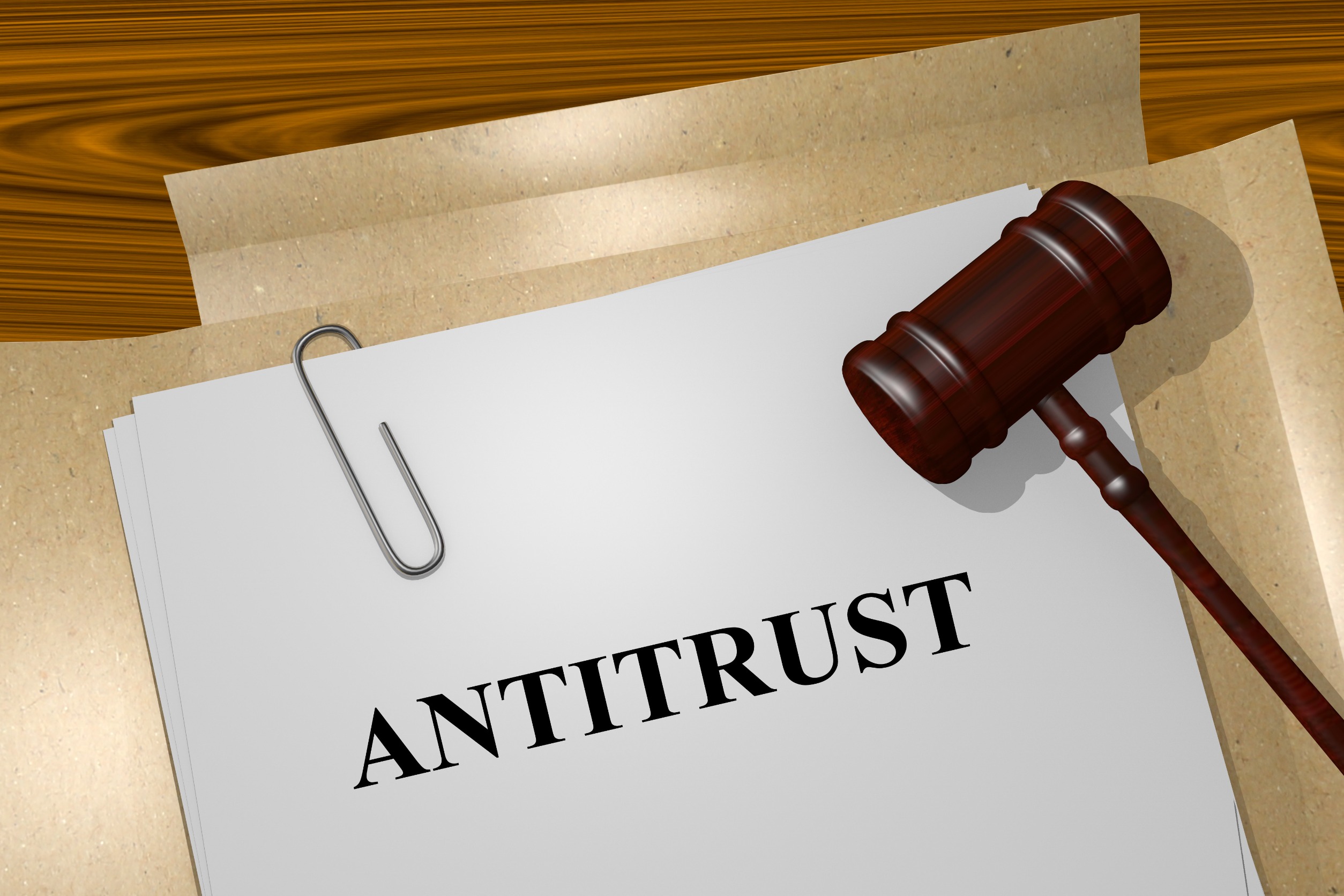By: Editorial Staff, Date: February 28th, 2025
Effective mediation involves more than just resolving disputes—it requires understanding the emotions that drive them. Emotional intelligence (EI) is crucial in mediation, enabling mediators to read between the lines, build trust, manage conflict, and facilitate constructive dialogue. Attorneys with strong EI can interpret nonverbal cues, regulate their own responses, and create a more productive discussion, ultimately achieving better outcomes for their clients.
This article explores the crucial role of emotional intelligence in mediation and how it can lead to more effective conflict resolution.

Understanding Emotional Intelligence
Emotional intelligence (EI) is the ability to recognize, understand, and manage emotions in oneself and others while using this awareness to guide thoughts and actions. Initially introduced by psychologists Peter Salovey and John D. Mayer and was later popularized by Daniel Goleman in his 1995 book “Emotional Intelligence”, EI includes key skills essential for navigating interpersonal dynamics effectively, making it a vital asset in mediation and conflict resolution.
The key components of EI include:
- Self-Awareness: The ability to recognize and understand one’s emotions and their impact on behavior.
- Self-Regulation: The ability to manage emotions and impulses, especially in tense situations.
- Motivation: Channeling emotions to stay focused, driven, and persistent in achieving goals.
- Empathy: The ability to recognize, understand, and consider others’ emotions to build trust and collaboration.
- Social Skills: The ability to build relationships, facilitate dialogue, and navigate interactions effectively.
The Role of Emotional Intelligence in Mediation
In mediation, emotional intelligence plays a vital role in several ways:
- Building Trust and Rapport: Mediators with high emotional intelligence foster trust and open communication by empathizing with parties and creating a respectful, transparent environment.
- Managing Conflict: Mediators with high emotional intelligence identify underlying issues, validate emotions, and facilitate constructive dialogue to reduce misunderstandings and build trust—key factors in effective conflict resolution.
- Facilitating Communication: Emotional intelligence enables mediators to listen actively, ask insightful questions, and foster open dialogue, promoting effective communication and minimizing misunderstandings.
- Managing Personal Emotions: Emotional intelligence helps mediators regulate their emotions, maintain neutrality, and stay focused on resolution, ensuring effective and impartial mediation.
- Building and Maintaining Relationships: Emotional intelligence enables mediators to navigate interpersonal dynamics, fostering constructive relationships and resolving conflicts without causing lasting damage.
- Promoting Cooperation and Resolution: Emotional intelligence fosters trust, encourages collaboration, and creates a respectful environment that supports conflict resolution and helps prevent future disputes.
Developing Emotional Intelligence in Mediation
Although some individuals naturally have higher emotional intelligence, it can be developed through practice and training. Here are strategies mediators can use to enhance their EI skills.
- Self-Reflection: Regularly assess emotional responses and their impact on interactions to enhance self-awareness and self-regulation.
- Empathy Exercises: Engage in active listening and role-playing activities to enhance understanding, develop empathy, and improve communication skills.
- Seek Feedback: Gain insights on communication and interpersonal skills by requesting feedback from colleagues or mentors.
- Recognize Emotional Triggers: Identify potential triggers and use strategies like time-outs or communication ground rules to manage tensions effectively.
- Continuous Learning: Enhance emotional intelligence through training programs, workshops, and seminars focused on conflict resolution and EI development.
Emotional intelligence is not just a desirable trait in mediators; it is essential for effective conflict resolution. By understanding and leveraging emotional intelligence, mediators can create an environment conducive to constructive dialogue and successful outcomes. As the field of mediation continues to evolve, the importance of emotional intelligence will only grow, making it a critical skill for mediators to cultivate.
Gain valuable insights into essential mediation skills for modern attorneys at our webcast: Mediation Mastery: Essential Skills for Attorneys
Upcoming Webcasts
Antitrust ‘No-Poach’ Agreement Enforcement: Key Focus Areas in 2024
In an era marked by evolving digital landscapes and technological advancements, the enforcement of antitrust regulations, particularly concerning 'No-Poach' agreements, stands as a critical focal point for businesses and legal professionals alike. Join us in this CLE webcast as our distinguished panel of legal experts and professionals will dissect the nuances of antitrust enforcement surrounding 'No-Poach' agreements in 2024. Speakers will offer a unique opportunity for participants to gain actionable insights, practical strategies, and expert guidance to navigate the intricate terrain of antitrust compliance.


